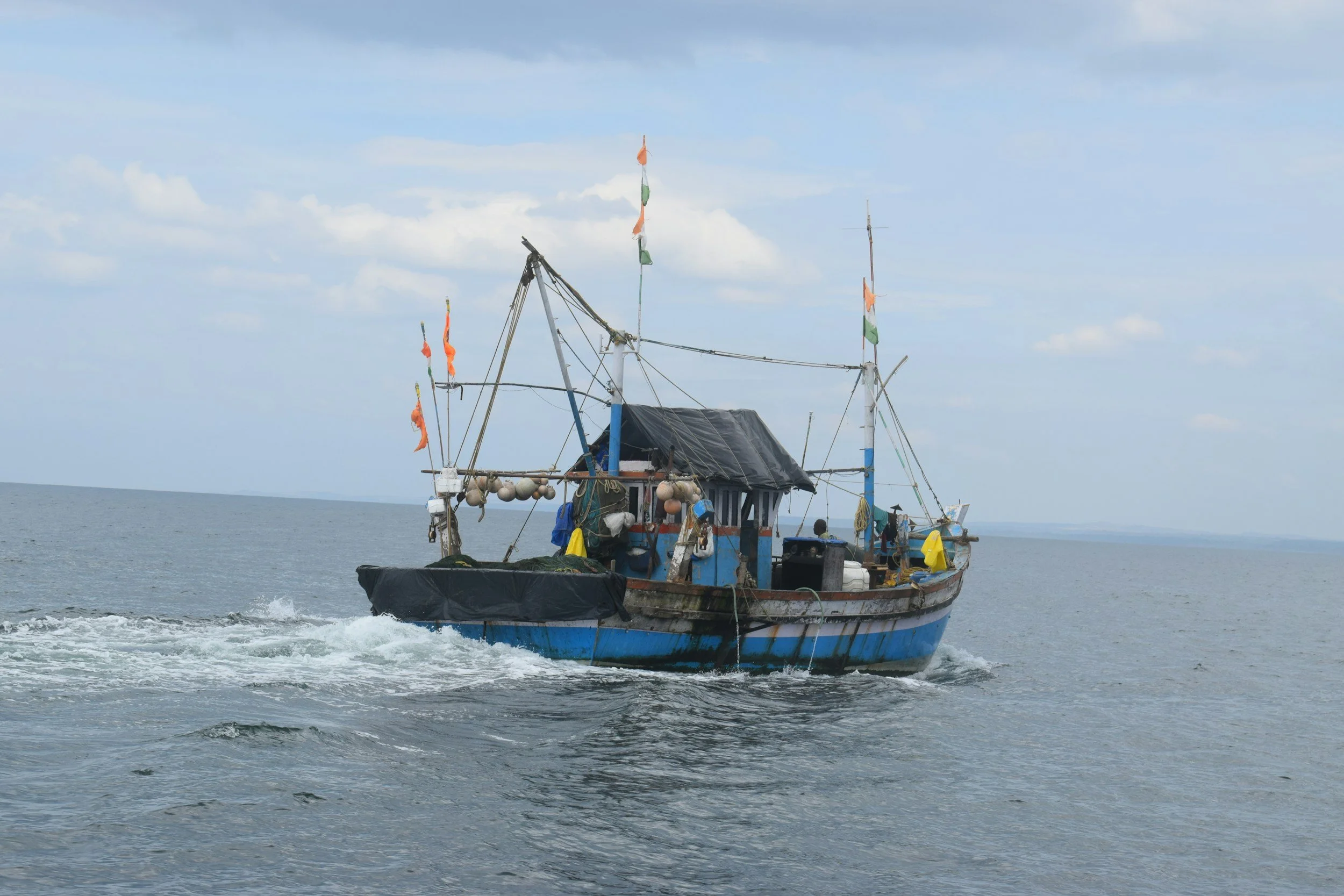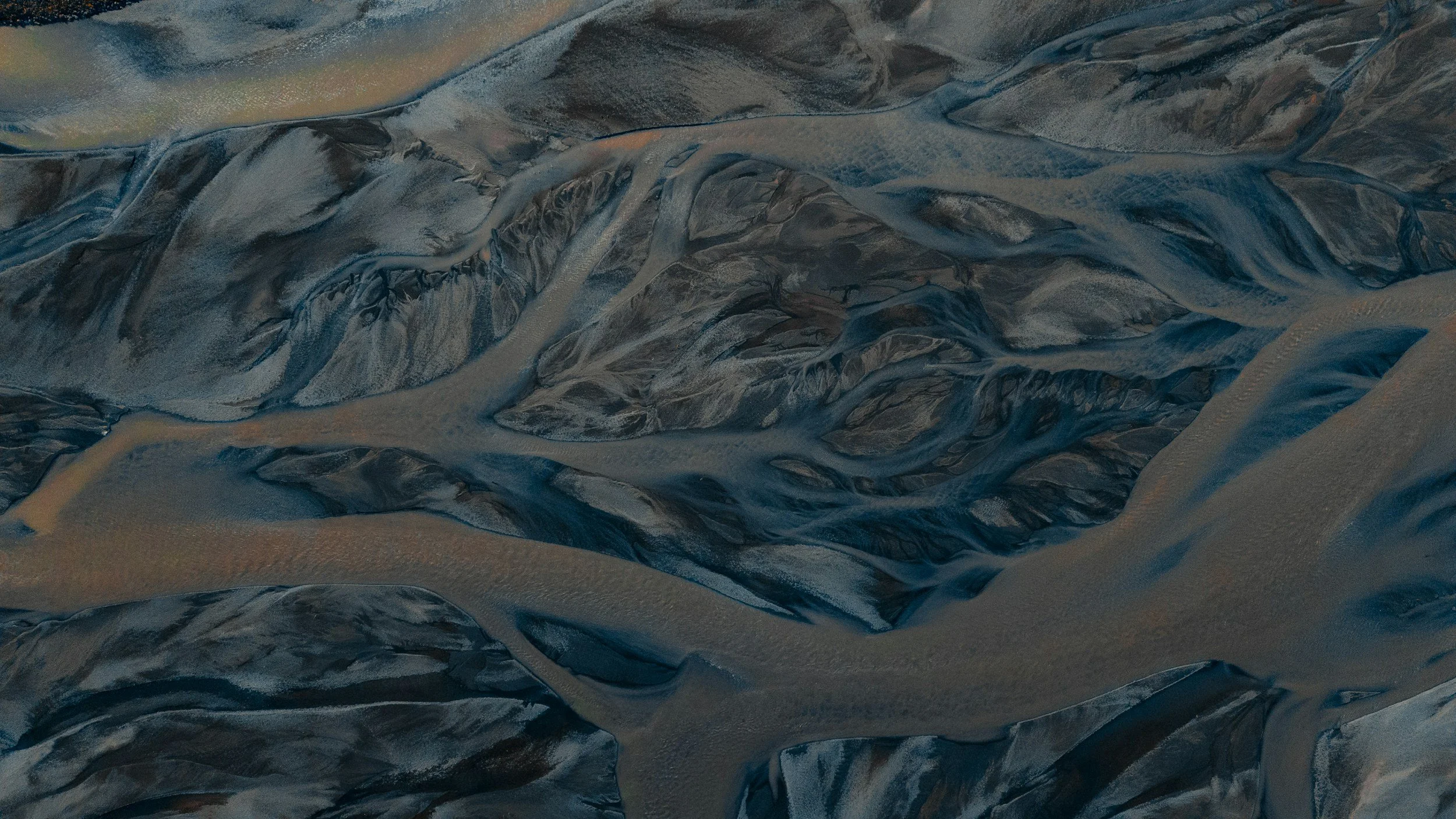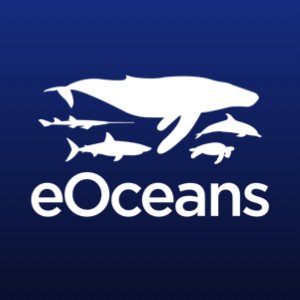
7 Problems with Fisheries eLOGS and Why eOceans is Better.
High-resolution data and advanced analysis are the backbone of sustainable fisheries and ocean management— they must be faster, more complete, transparent, and trustworthy to be successful.
Knowing what is caught, where, when, and how is essential—not only for managing target species, but also for protecting bycatch, vulnerable species, and entire ecosystems. Integrating broader threats and changes to fisheries—climate change, policy shifts, coastal development, and more—is equally critical for informed decision-making.
Smart fisheries and fisheries management requires integrated information from all ocean users: commercial fishers, recreational ocean users, whale and nature watching industries, Indigenous communities, and others. Without this context, fisheries assessments can be slow, incomplete, or even misleading.
Many teams rely on eLOGS to track catches, but these systems were not designed to capture the full complexity of modern fisheries and management.
Here are seven key challenges—and how eOceans provides a faster, smarter, and more trustworthy approach.
Here are seven key challenges—and how eOceans provides a faster, smarter, and more trustworthy approach.
1. One Fishery at a Time
Problem: eLOGS track single fisheries individually, making it hard to understand trends across multiple fisheries or regions.
eOceans Advantage: Consolidates multiple fisheries, regions, and gear types in one platform, giving fisheries and managers a holistic view.
2. Siloed Data
Problem: Data collected by fishers often go straight to regulatory bodies or scientists, limiting collaboration and visibility, which often degrades trust.
eOceans Advantage: Integrates all stakeholders—fishers, scientists, managers, and other ocean users—into a shared workspace while protecting sensitive data.
3. Slow Data Flow
Problem: Traditional eLOGS workflows are slow—data must travel from fishers → managers → scientists → back to decision-makers. By the time results arrive, the information is often outdated.
eOceans Advantage: Real-time dashboards and automated reporting ensure data are immediately actionable, accelerating decisions and interventions.
4. Lack of Trust Between Fishers and Scientists
Problem: Fishers and managers often don’t trust each other’s data or results — fishers worry that scientists cherry-pick data and results, while scientists worry fishers are holding back on their reporting — which slows uptake and compliance.
eOceans Advantage: Transparency and ethical data sharing build trust: contributors control which projects their data stream to, where they are then analyzed and displayed by the system, and sensitive exact location information are protected.
5. Limited Context
Problem: eLOGS typically focus on catch, ignoring bycatch, effort, environmental conditions, or interactions with other species (e.g., cetaceans).
eOceans Advantage: Captures catch, effort, bycatch, environmental context, and other metadata—critical for ecosystem-based management and informed decision-making. Then, stitch it all together with other sources of relevant data — working for fishers, researchers, managers, fisheries associations, buyers, regulators, customers, and more.
6. Doesn’t Help With Overfishing or IUU Fishing
Problem: eLOGS provide historical records but doesn’t help prevent illegal, unreported, or unregulated (IUU) fishing, nor assess stock sustainability in real time.
eOceans Advantage: Integrated, timely data — integrated with expert analysis, enable managers to spot trends, detect overfishing or bycatch risks, and design interventions proactively.
7. No Automation or Time Savings
Problem: Data still require manual processing, analysis, and report generation.
eOceans Advantage: Automates ingestion, processing, mapping, and reporting, freeing teams to focus on analysis, decision-making, and field engagement.
In summary, eLOGS are a basic tool for recording fisheries data, but modern fisheries management demands science-grade, scalable, and integrated systems. eOceans addresses the biggest challenges: speed, trust, sustainability, and actionable insights—helping fishers, scientists, managers, and ocean stakeholders work together effectively to safeguard fisheries and ocean ecosystems.

Would you like to know more?
Launch, Run, and Scale — all in one place.
eOceans is the platform for executing nature–society projects everywhere. Our patent-pending system connects and processes your datastreams in real time to deliver insights, maps, graphs, and reports—saving up to 80% of time and resources. Build trust, credibility, and impact today.
